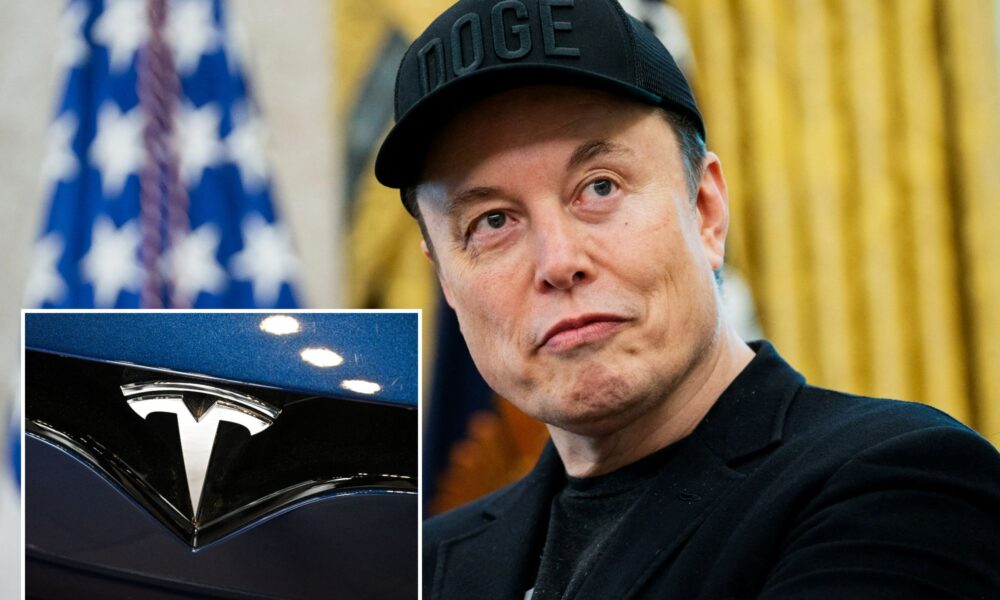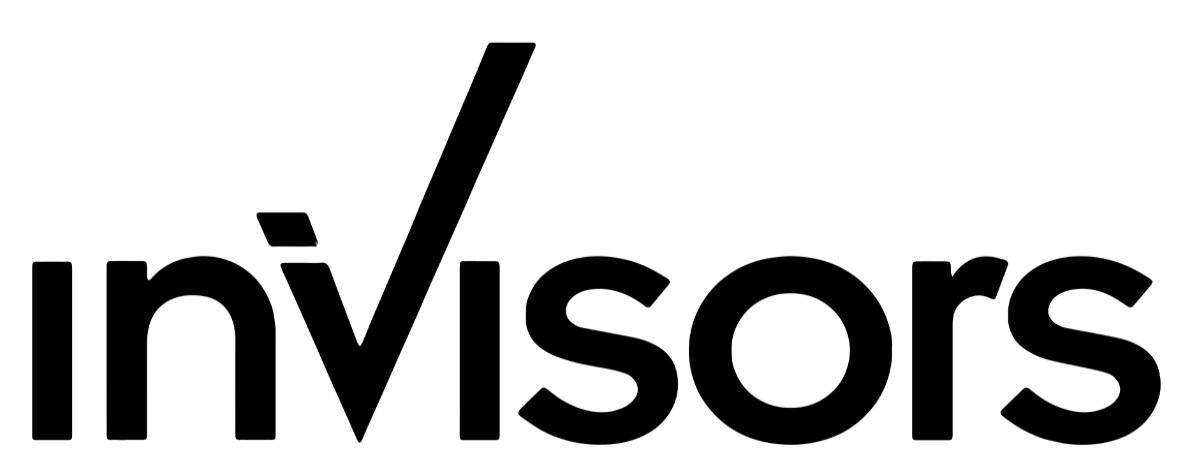Tesla’s proposed $1 trillion compensation package for CEO Elon Musk is under intense scrutiny after Institutional Shareholder Services (ISS) recommended shareholders reject the plan. This recommendation marks the second consecutive year that ISS has urged investors to oppose Musk’s compensation package, which is poised to be one of the largest ever awarded to a corporate leader. The ISS’s position adds significant pressure on Tesla’s board ahead of the crucial shareholder meeting scheduled for November 6, 2023.
The compensation plan, unveiled last month, is designed to incentivize Musk while addressing his desire for greater control over the company. Despite its ambitious nature, the structure allows for substantial payouts even if Musk does not meet all performance targets, driven by the potential for soaring stock prices. The Delaware Court earlier voided Musk’s previous $56 billion pay package, further intensifying the focus on his compensation.
In its assessment, ISS highlighted concerns such as the “astronomical” size of the proposed grant and the design features that could lead to high payouts for partial goal achievement. The adviser expressed apprehension that the package would restrict Tesla’s board from making meaningful adjustments to Musk’s future pay levels.
Tesla’s board has defended the package, emphasizing Musk’s “track record and vision” as critical to the company’s ongoing success. Director Kathleen Wilson-Thompson stated in a video shared on Tesla’s social media platform that retaining Musk is essential for attracting top talent. She noted, “Many people come to Tesla to specifically work with Elon, so we recognize that retaining and incentivizing him will, in the long run, help us retain and recruit better talent.”
Unlike the previous compensation plan from 2018, Musk will be able to vote his shares this time, which accounts for approximately 13.5% of Tesla’s voting power. This could significantly influence the outcome of the vote, particularly given the support the plan has garnered from some investors who believe it aligns Musk’s interests with the company’s strategic goals.
In a response to ISS, Tesla criticized the advisory firm’s stance, arguing that it overlooks fundamental aspects of investing and governance. Tesla stated, “It’s easy for ISS to tell others how to vote when they have nothing on the line.”
ISS has estimated the stock-based award at $104 billion, surpassing Tesla’s own figure of $87.8 billion. The grant’s vesting conditions include ambitious market capitalization targets of up to $8.5 trillion and operational goals such as delivering 20 million vehicles, producing one million robotaxis, and achieving $400 billion in adjusted core earnings.
As the November meeting approaches, the dynamics surrounding Musk’s compensation package are expected to remain a focal point of discussion among Tesla’s shareholders and the broader investment community.






